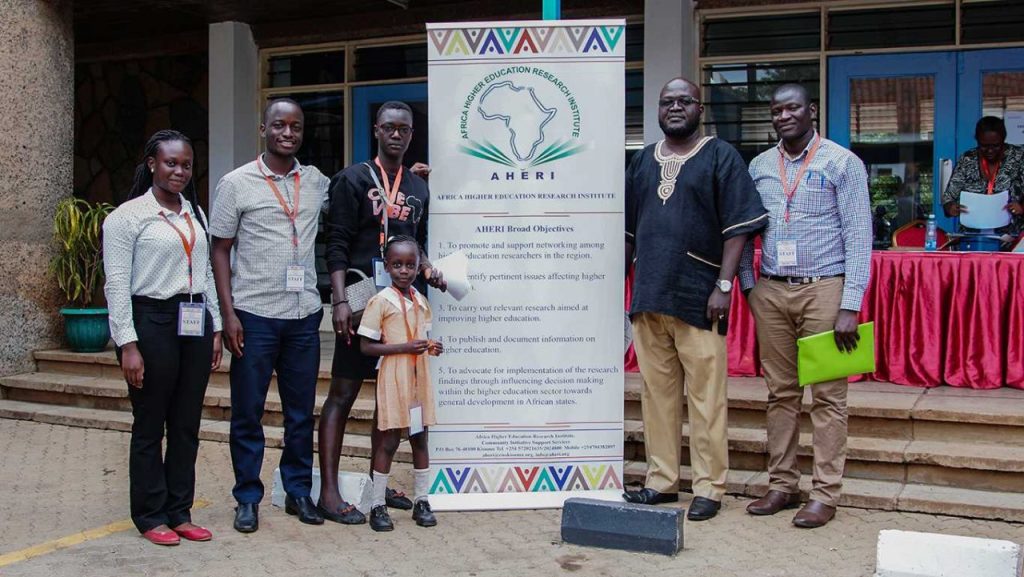
Frequently asked questions.
The term governance refers to the procedures and structures through which higher education institutions are organized and managed. Most of the governance are formal in nature though informal processes and influences exist through which higher education institutions to make decisions. Whereas the arrangements are official and explicit, their informal equivalents refer to unwritten rules governing how people within higher education institutions relate to each other.
The Governance of higher education institutions typically encompasses all aspects of the institution but in the context of AHERI and to enhance focus we look at statutes and regulations. The governance reform of higher education is one of the major reforms that universities face to be relevant to the building up of a knowledge society and sustainable development.
Higher education is increasingly competitive and quality of education defines institutions and systems that are desirable. However, the challenge of access and cost demands a nuanced balancing act to define the suitable ratio that maintains functionality of higher education. Quality is difficult to define due to its contextual nature and the heterogeneity of higher education systems and the countries. Appreciatively due to internationalization and globalization there are common grounds which may be used to identify agreeable standards of quality but in the minimum develop code of best practice. AHERI seeks to interrogate quality of higher education in reference to its level of relevance to local challenges of the society the universities serve.
Access to higher education is a topic of high interest, with direct consequences on national educational policies, the development of labor market and quality of life. AHERI aims to identify factors which influence the interest of high-school students and graduates to get higher education (HE) and examine policies and strategies that promote access or hinder access to higher education.
Factors that influence access like geographical mobility for both student and faculty, debates on education as a public good and effects of neoliberalism, industrialization, government policy and constitution’s, shall inform inquisition and AHERI research design. Phenomena such as “massification in higher education, harmonization of higher education and regional integration are some of the areas of interest for AHERI.
According to the European Union skills mismatch is a situation in the labour market where the level of skills of individuals does not match the level of skills required in the jobs. Mismatches could be vertical (when the level of skills or education is more or less than the level of skills or education required to perform a job), horizontal (when the type of education or skills is not appropriate for the current job, but the level of education or skills matches the requirements of the job) or geographical (where the workers with types and levels of skills or education required are based in a country or region different from where such skills are needed). Source: EU commission (Skills panorama) 2015, Europe
The situation can obtain in Africa labour markets as well, being that desirable work experience is the ultimate goal of higher education. AHERI will endeavor to predict and advocate for the right set of skills and competence to make higher education relevant to the demands of world of work.
Investing in research can lead to economic development, countries like South Korea, Singapore, and Taiwan deliberately increased funds towards research institutions and projects to attain the spirited economic development. Currently, many countries in sub-Saharan Africa spend less than 1% of their gross domestic product on research. AHERI will seek to find answers as to If and how governments should contribute to funding of research? How do African institutions reposition themselves to demands of cofounding to secure funding opportunities? Can higher education institutions carry out collaborative research with industry?